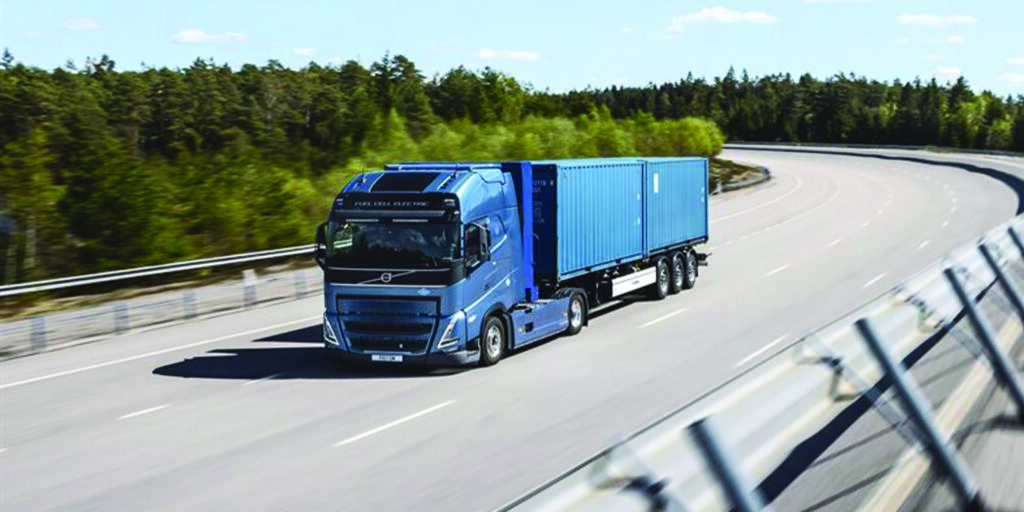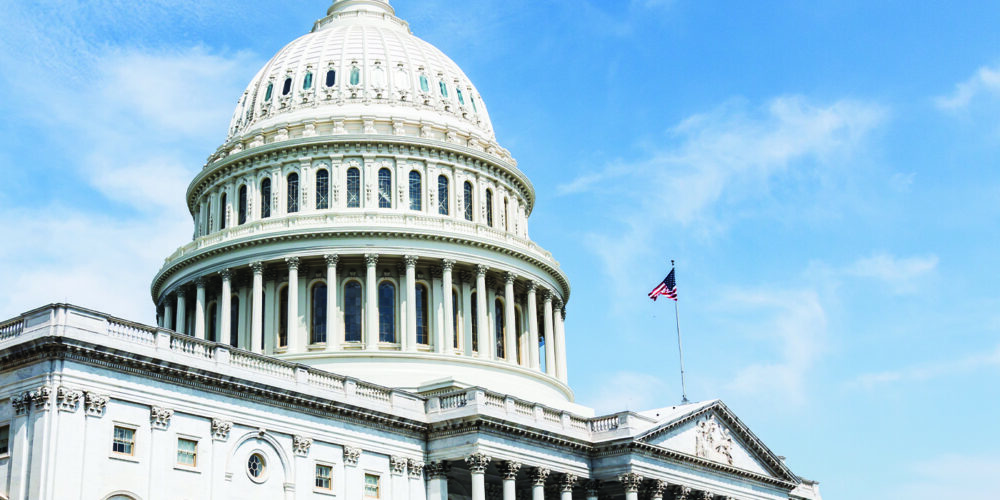The National Highway Traffic Safety Administration (NHTSA) and the Federal Motor Carrier Safety Administration (FMCSA) have proposed new safety regulations for heavy-duty vehicles, specifically those with a gross vehicle weight rating exceeding 10,000 pounds. Announced on July 6, the Notice of Proposed Rulemaking (NPRM) calls for the mandatory inclusion of automatic emergency braking (AEB) systems and amendments to existing standards, ensuring electronic stability control (ESC) systems meet specific equipment and operational requirements.
Bendix Commercial Vehicle Systems LLC (Bendix) has responded to the NPRM by voicing its support for the proposed rules. The company sees these regulations as steps towards improving road safety but has raised concerns regarding the application of these systems on certain types of vehicles, such as single-unit trucks.
“Bendix supports helping to make roads safer for all drivers and passengers,” said Fred Andersky, director of government and industry affairs at Bendix. “However, we have reservations – which we addressed in our comments – regarding single-unit truck implementation and timing, along with training/education, maintenance and performance testing.”
AEB systems use a combination of sensors and subsystems to detect potential collisions. If a driver doesn’t respond in time, the system can automatically apply the brakes or increase braking force to prevent or mitigate the crash.
While Bendix champions the use of advanced safety technologies, the company emphasizes that these systems are intended to complement, not replace, safe driving habits. Andersky stressed the importance of driver awareness and education, noting that all safety technologies have limitations.
Bendix’s detailed response to the NPRM includes several recommendations. The company advises the agencies to prioritize collision mitigation over crash avoidance, in line with current and foreseeable technology. The company also emphasizes the importance of recognizing that mitigation, through speed reduction, is a more achievable outcome than complete crash avoidance.
Bendix also highlighted the complexity of implementing these systems in vocational vehicles, like ambulances or dump trucks, due to the involvement of multiple parties in their final assembly. Given this, Bendix recommends either mandating the technology solely on larger vehicles, like Class 7 and 8 tractors, or providing exemptions for specific applications where current technology might not be feasible.
The company further underscored the need for proper driver education on these systems and urged that information on these technologies be included in the Commercial Driver’s License (CDL) standard test approach. Maintenance and repairs, Bendix said, should ensure components match the original equipment’s performance.
“The AEB mandate is another step in helping to equip commercial vehicles with the technologies that can help to make our highways safer for everyone,” Andersky said. “We look forward to working with NHTSA and FMCSA to deliver a final rule that provides the broadest coverage.”











